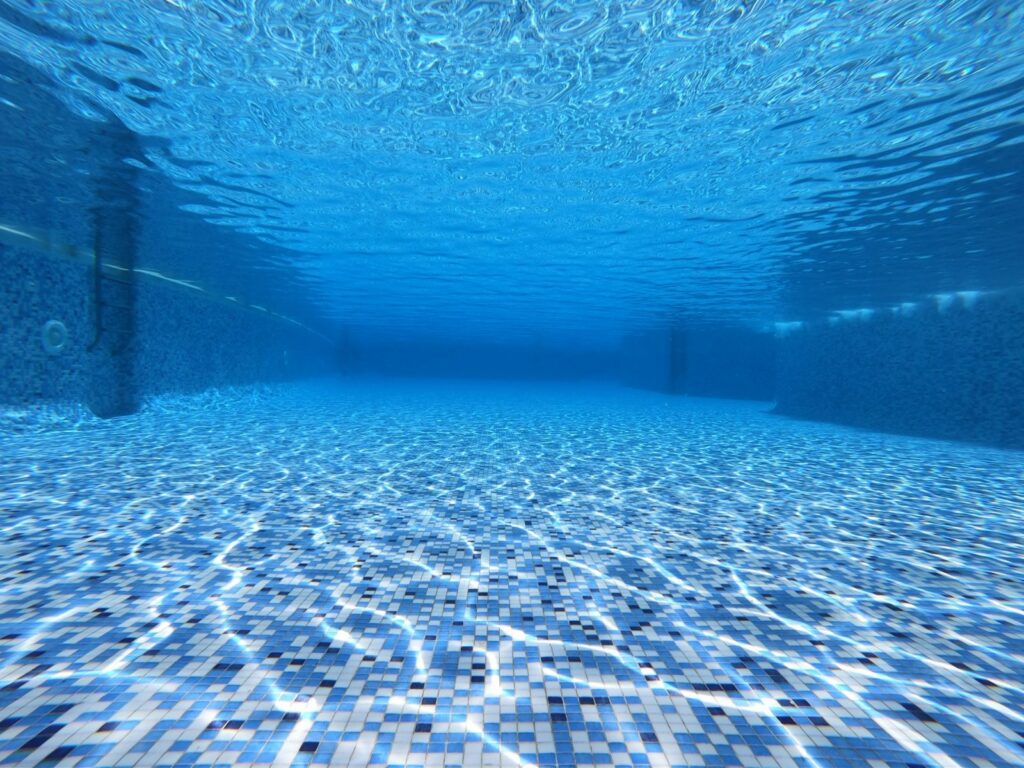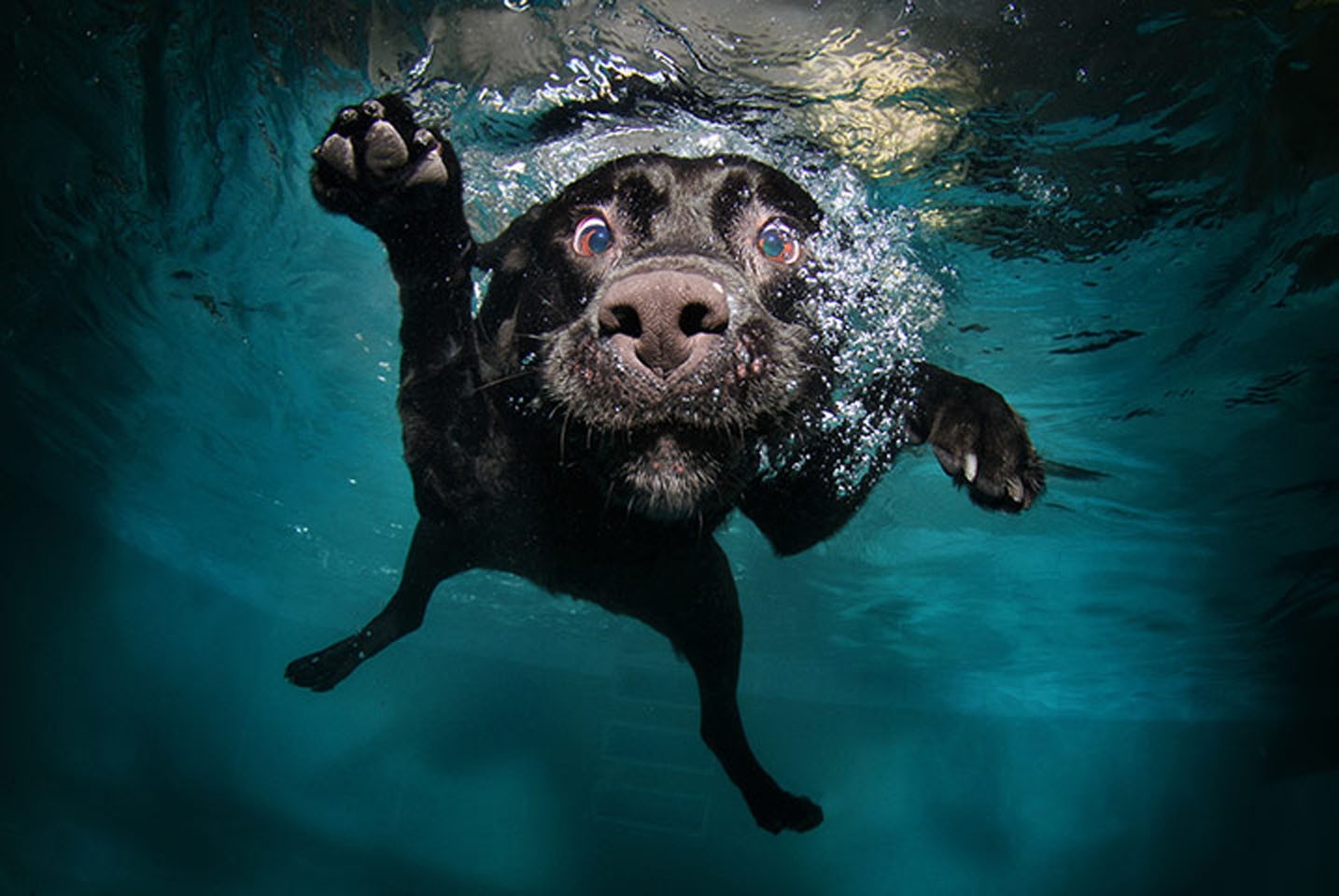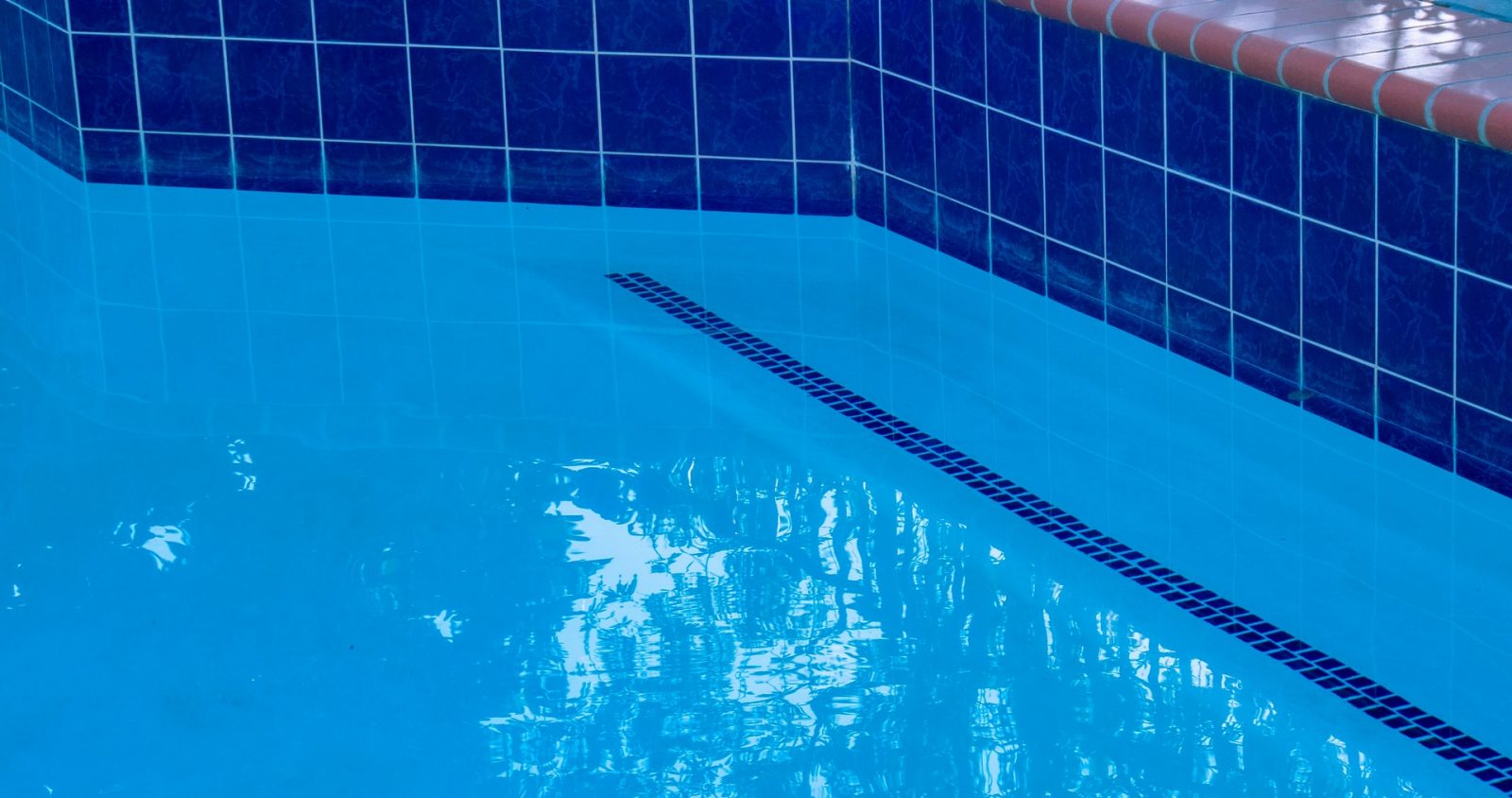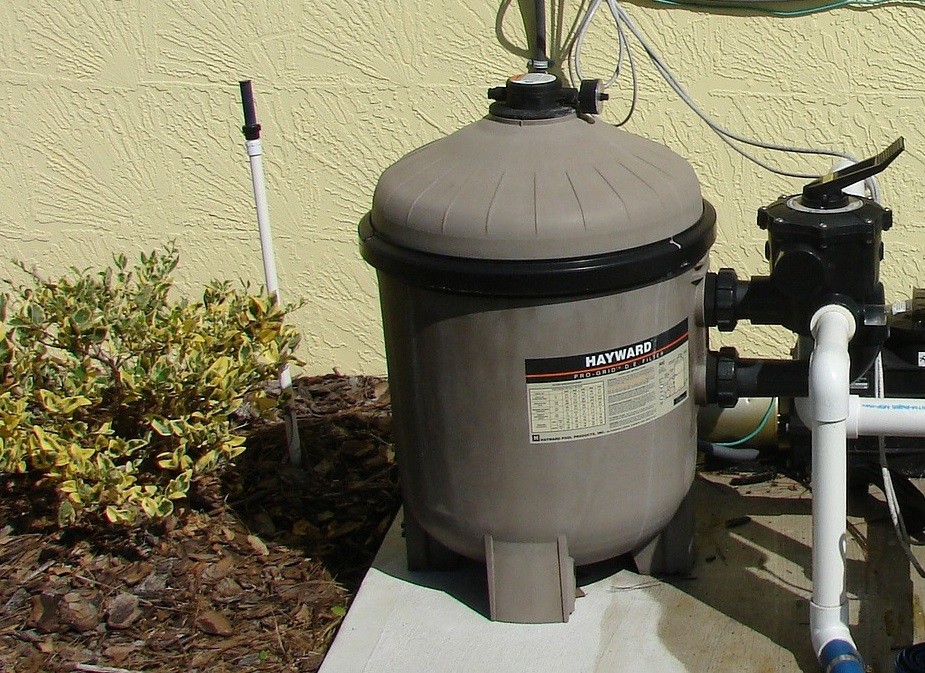Chlorination is adding chlorine to the water or adding chlorine compounds to kill bacteria, viruses, and other microbes in water. Generally, chlorination helps the swimming pool become safe and avoids the spreading of waterborne diseases that can result in cholera, dysentery, diarrhea, typhoid, ear and skin irritations, and athlete’s foot.
Further, you should chlorinate your pool as a method of disinfecting your pool water. In this method, you can use different chlorine types that contain substances for oxidation and disinfection.
Types of Chlorination in the Water Treatment Process
- Plain Chlorination – It helps to eliminate bacteria, viruses, and color from water, and it also controls the growth of algae. During emergencies where other treatment could not be provided, you should consider plain chlorination.
- Prechlorination – chlorine that is added before raw water penetrates sedimentation tanks. It helps to lessen the number of coagulants and enhance coagulation. Also, it reduces the water’s odor and taste, growth of algae, bacteria that stick to the filters and prevents sludge disintegration in settling tanks.
- Post Chlorination – This is the standard form of chlorine treatment that is done to the water. It is a process where the chlorine is added in the end after other treatments have been completed.
- Double or Multiple Chlorination – This combines pre-chlorination and post-chlorination. It is acquired when raw water is highly contaminated and consists of many bacteria.
- BreakPoint Chlorination – to add a free chlorine to the water to get rid of combined chlorine in the water.
- Super Chlorination – This process is done if the water in the pool is highly contaminated. You will need to add abnormally high amounts of chlorine to the water. Leave the high chlorine level over a short period of time. This process aims to speed up the disinfection of the pool water.
- Dechlorination – This process eliminates the excess chlorine by dechlorinating agents before it gets drained into the nature.
Why Do We Chlorinate Our Water?

When chlorinating, people use different kinds of chlorine application-based compounds. This includes liquid bleach, calcium hypochlorite, chlorine gas, chlorinated isocyanurates and lithium hypochlorite. Any of these substances releases hypochlorous acid into the water. Hypochlorous acid is the sanitizing agent that will kill the bacteria and algae present in your pool.
Many experts have researched to ensure advanced treatment using chlorine as a disinfectant. The advantage of chlorination is that it has proven to be the most effective in eliminating bacteria and viruses.
Chlorination becomes the best disinfection method because it is inexpensive and easy to use in sanitizing water and preventing contamination. This chlorination process is swift to perform compared to other water treatment methods.
Importance in Chlorinating Your Swimming Pool
The importance of chlorinating your swimming pools is to keep your pools very clean and safe for all swimmers. It is advantageous for pool owners since it clears up your water waste quickly. It is also safe on pool accessories and gets rid of bacteria living in the water.
Moreover, it is an easy way to provide protection against contaminated water and lessen the cases population of diarrheal diseases that occur over time. Also, chlorination has a potentially long-term effect on the swimming pools which can benefit all the swimmers.
Steps of Treating Your Pool Water
Coagulation and Flocculation
Coagulation is a process that treats swimming pool water with a chemical. This chemical removes solids from water by controlling the electrostatic charges of particles. It means it introduces small, highly charged molecules into the water to gradually weaken the charges on particles, colloids, or oily materials in the pool.
If you want to remove large clusters or flocs of solid waste in the water, you must use flocculation. Use flocculation if other treatments won’t work in clearing your swimming pool.
Sedimentation
It is a process that removes particles collected at the bottom of the pool due to gravity. These particles come from the swimmer’s feet or blown by the wind and into the swimming pool. If your skimmer removes all the debris drifting on your pool, sedimentation removes the sediment build-up at the swimming pool floor.
Filtration
Technically, a process of separating suspended solid matter from liquid. The floc particles have settled at the bottom of the water supply, and the clear water is ready for additional treatment. This step dissolved the particles present in water, which contain dust, parasites, chemicals, viruses, and bacteria.
Moreover, in the course of filtration, the dirty water found from the swimming pool passes through the filter’s inlet pipe. As a result, it will create a water circulation that will filter out dirt and debris in your pool.
Disinfection
It is the final stage of the water treatment process. It is where you combine antiseptics such as chlorine or chloramine to the water supply. You should use monochloramine in disinfecting your swimming pool water.
The primary reaction of the process is to oxidize and remove the organic matter. This process aims to avoid spreading parasites, bacteria, and viruses left in drinking water.
In contrast to drinking water disinfectants, an antiseptic for swimming pool treatment must be active in the pool itself since pollution and microorganisms continually reach the water. Additionally, a disinfectant used for pool water must meet the required demand, that is harmless and will not cause irritation to anyone near or in the pool.
The most beneficial method used in water treatment is chlorination. Many practiced this method for many centuries. Therefore, chlorinating your swimming pools must follow the steps to disinfect your pools to ensure cleanliness and safety.
In Conclusion
Chlorination is a vital process in maintaining your swimming pool. Without this process, swimming pools worldwide can be a breeding ground of bacteria that causes severe illnesses to both adults and children. Thus, the benefits of chlorination outweigh the risks.







